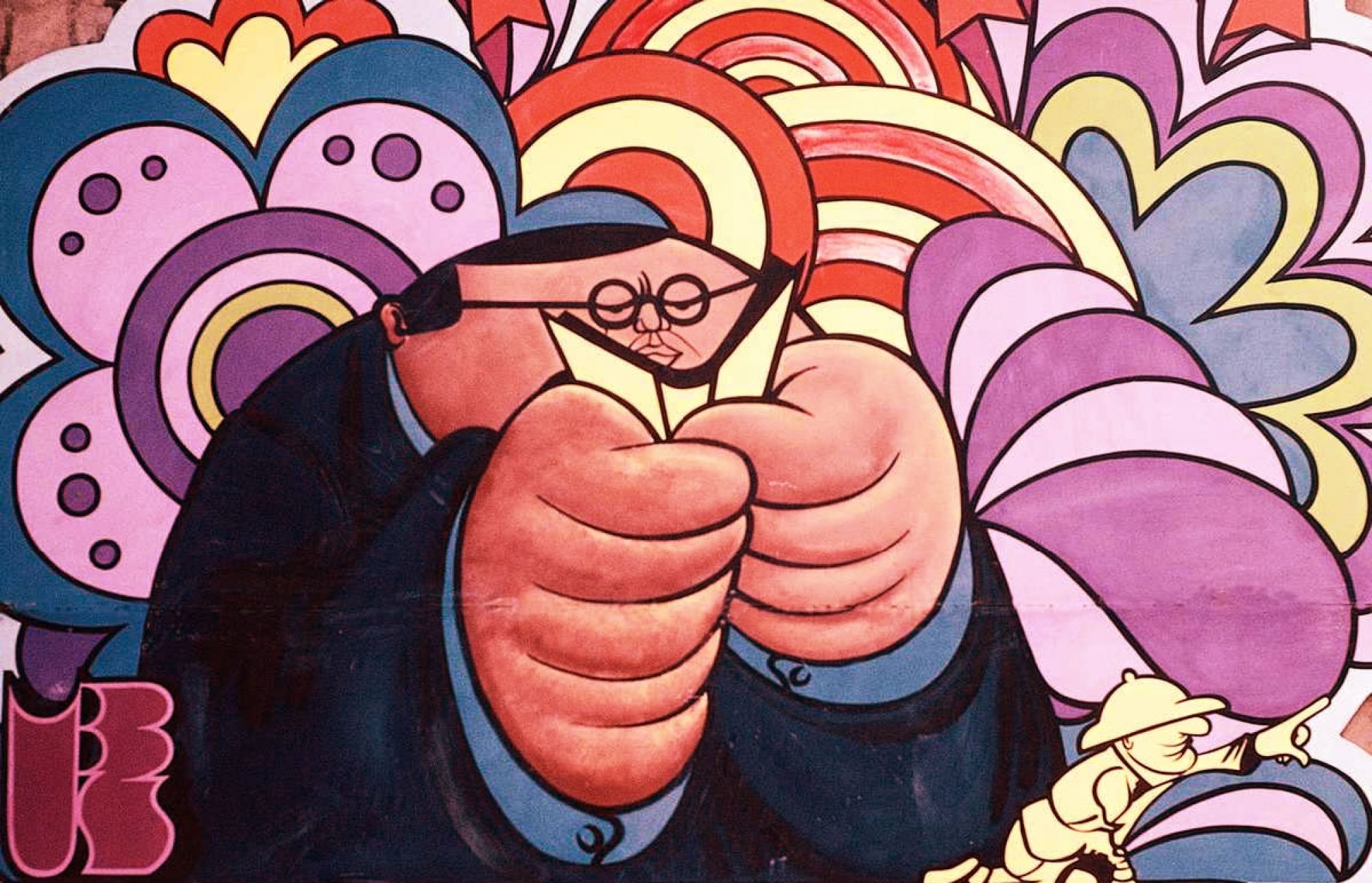Donna Woolfolk Cross introduces “Pope Joan”
Red China Blues, by Jan Wong
The Middle Heart, by Bette Bao Lord
Yet as war and, later, the Communist Revolution ignite, cruel circumstances separate them. One becomes a political leader, one a writer, one an actress. But despite incessant historical upheaval, their lives continue to intertwine in poignant, often tragic, ways. Enmeshed in a love triangle, they will live to see their loyalty to one another tested again and again.
Through these three richly drawn characters, Bette Bao Lord re-creates the stirring drama of twentieth-century China. In vivid, haunting prose she evokes the outrages that marred fifty years of the Chinese people’s existence–and illuminates the remarkable resilience that defines them to this day.
( Courtesy of Penguin Random House Canada, 409 pages )
Across The Nightingale Floor, Tales Of The Otori, book 1, Lian Hearn
The Golden Age, by Tahmima Anam
The Crazed, by Ha Jin
On the day after the Tiananmen Square massacre of 1989, Jian Wan, the narrator of Ha Jin’s powerful new novel, comes upon two weeping students. “I’m going to write a novel to fix all the fascists on the page,” says one of them. The other responds, “yes… we must nail them to the pillory of history.” Ha’s novel is written in the conviction that writers don’t nail anyone to anything: at best, they escape nailing themselves. Jian is a graduate student in literature at provincial Shanning University. In the spring of 1989, his adviser, Professor Yang, suffers a stroke, and Jian listens as the bedridden Yang raves about his past. Yang’s bitterness about his life under the yoke of the Communist Party infects Jian, who decides to withdraw from school. His fiancée—Professor Yang’s daughter, Meimei—breaks off their engagement in disgust, but Jian is heartened by a trip into the countryside, after which he decides that he will devote himself to helping the province’s impoverished peasants. His plan is to become a provincial official, but the Machiavellian maneuverings of the Party secretary of the literature department—a sort of petty Madame Mao—cheat him of this dream, sending him off on a hapless trip to Beijing and Tiananmen Square. Despite this final quixotic adventure, Ha’s story is permeated by a grief that won’t be eased or transmuted by heroic images of resistance. Jian settles for shrewd, small rebellions, to prevent himself from becoming “just a piece of meat on a chopping board.” Like Gao Xingjian, Ha continues to refine his understanding of politics as an unmitigated curse.
( Courtesy of Publishers Weekly Hardcover, 323 pages )
Anil’s Ghost, by Michael Ondaatje
Back To The Front, an accidental historian walks the trenches of world war 1, by Stephen O’Shea
World War I is beyond the memory of almost everyone alive today. Yet it has left as deep a scar on the imaginative landscape of our century as it has on the land where it was fought. Nowhere is that more evident than on the Western Front-the sinuous, deadly line of trenches that stretched from the coast of Belgium to the border of France and Switzerland, a narrow swath of land in which so many million lives were lost.
For journalist Stephen O’Shea, the legacy of the Great War is personal (both his grandfathers fought on the front lines) and cultural. Stunned by viewing the “immense wound” still visible on the battlefield of the Somme, and feeling that “history is too important to be left to the professionals,” he set out to walk the entire 450 miles through no-man’s-land to discover for himself and for his generation the meaning of the war.
Back to the Front is a remarkable combination of vivid history and opinionated travel writing. As his walk progresses, O’Shea recreates the shocking battles of the Western Front, many now legendary-Passchendaele, the Somme, the Argonne, Verdun-and offers an impassioned perspective on the war, the state of the land, and the cultivation of memory. His consummate skill with words and details brings alive the players, famous and faceless, on that horrific stage, and makes us aware of why the Great War, indeed history itself, still matters. An evocative fusion of past and present, Back to the Front will resonate, for all who read it, as few other books on war ever have.
( from the sleeve, 205 pages )
War Crimes, Brutality, Genocide, Terror, and the Struggle for Justice, by Aryeh Neier
Aryeh Neier, human rights activist and former executive director of Human Rights Watch, has created a work that is both a comprehensive history and a forward-looking treatise on the institution of war tribunals. Shedding an especially penetrating light on the genocidal actions that took place in Rwanda and the former Yugoslavia, War Crimes catalogs and addresses the many issues surrounding the prosecution of war crimes, including accusations of “victor’s justice,” international jurisprudence, and the accountability of lower-ranking officers. Many times, Neier reveals, the parties responsible for war crimes manage to escape retribution for want of a favorable transition of political power. As a possible remedy, Neier argues for the creation of a permanent international war crimes tribunal. Without melodrama or hyperbole, Neier draws the reader into reasoned discourse on the conduct of soldiers and the appalling consequences of war.
( courtesy of Brendan J. LaSalle, 286 pages )

